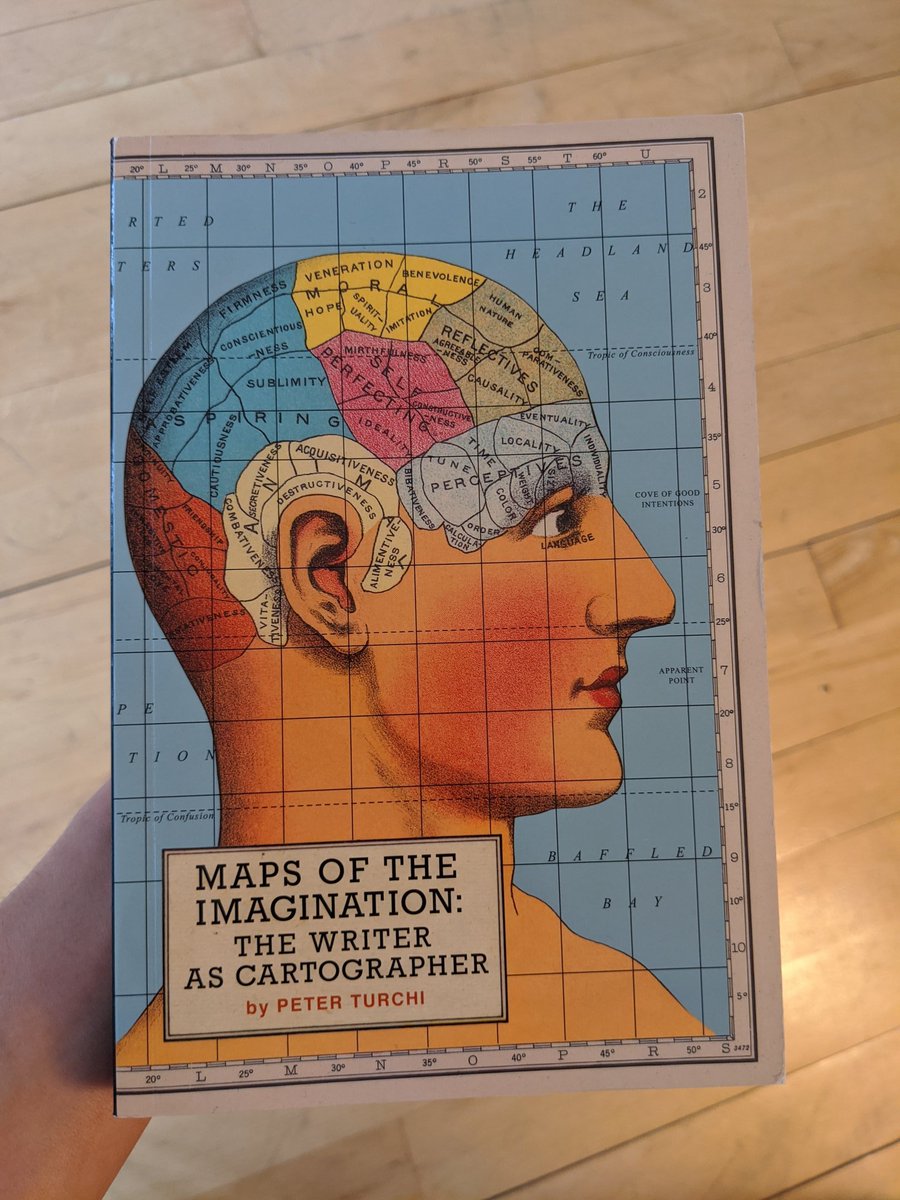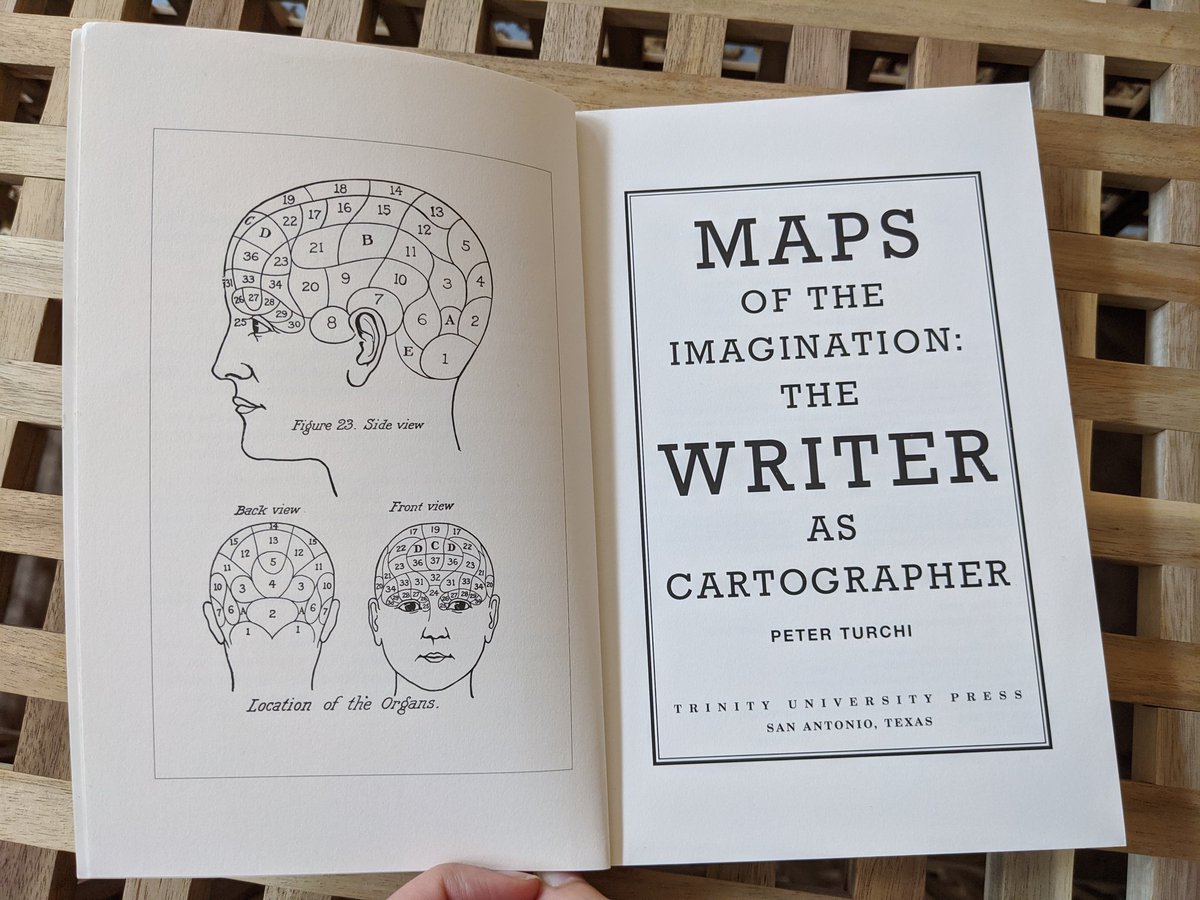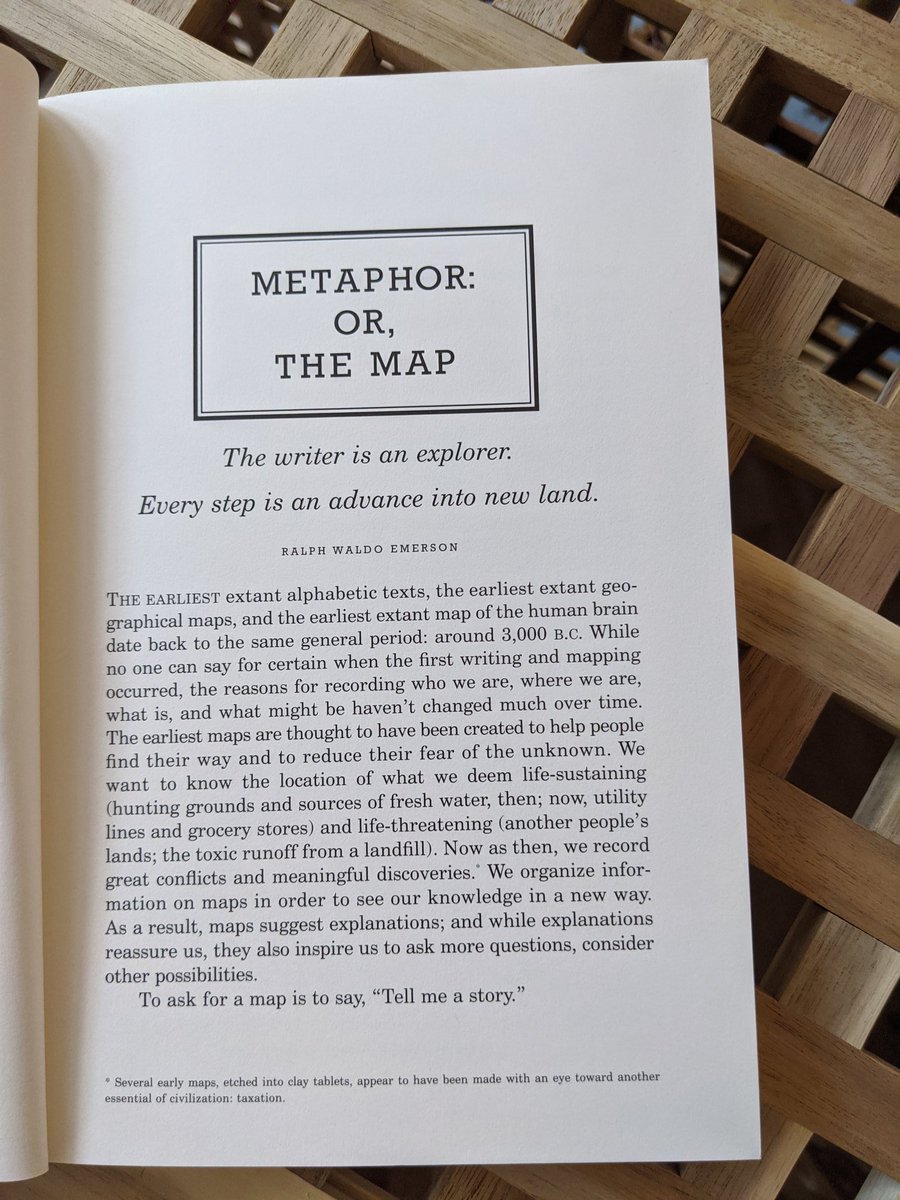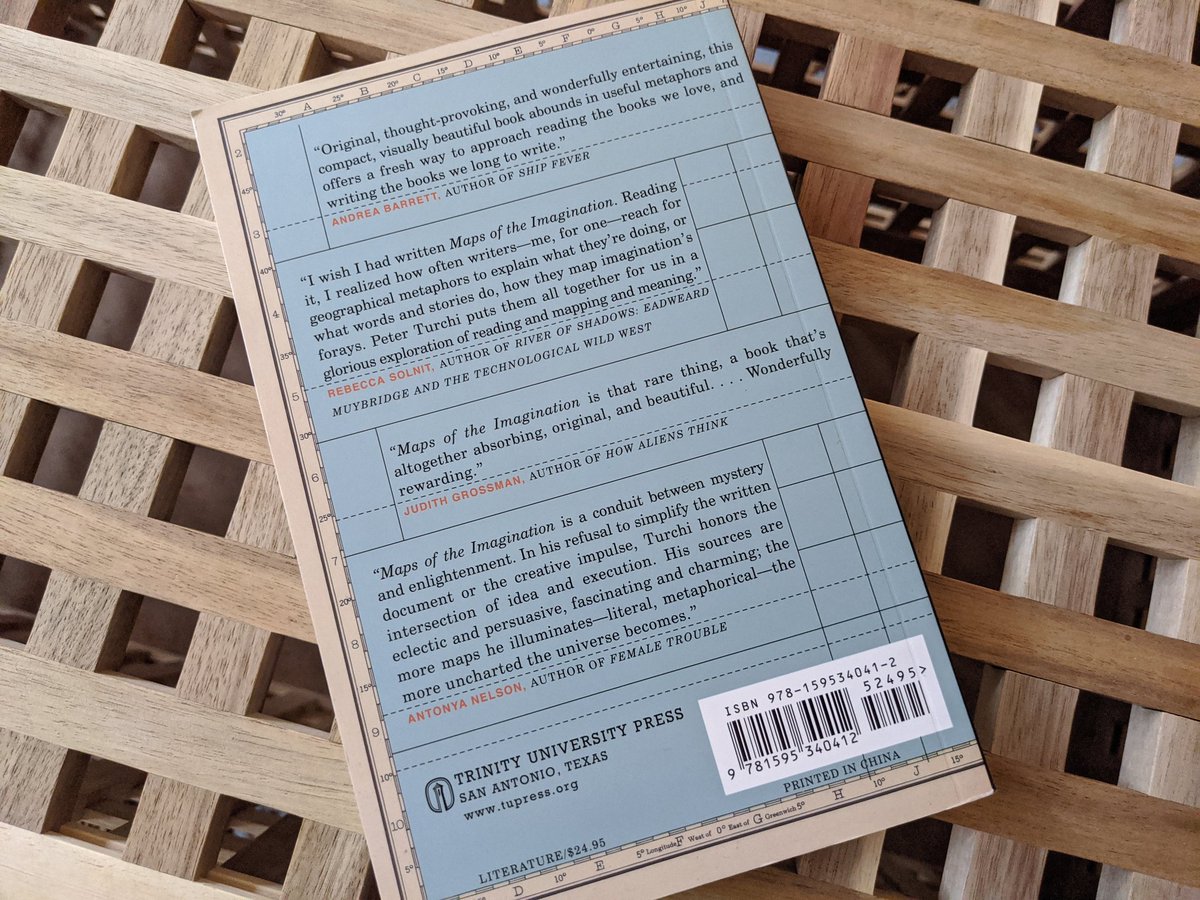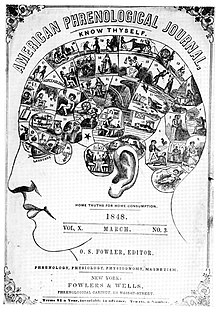
I finally did it! Uploaded my very first YouTube video. Just saying hello 👋
If you like my articles and would like to get videos around the same topics, hit subscribe :)
If you like my articles and would like to get videos around the same topics, hit subscribe :)
200 subscribers - thank you! Also I got my first dislike, I don't know if I'm psychologically prepared enough for YouTube 🥲
Things to improve for the next video:
• Look at the freaking camera!
• Straighten the painting
• Add an outro like the pros?
Things to improve for the next video:
• Look at the freaking camera!
• Straighten the painting
• Add an outro like the pros?
First actual video! More lessons:
• For the love of everything, please look at the camera
• Turn off the fan when filming
• Try filming during the day so it's not so dark
• For the love of everything, please look at the camera
• Turn off the fan when filming
• Try filming during the day so it's not so dark
Woohoo - who wants to be #1000? 🥳
(also I finally posted a video where I manage to look into the camera lens, massive progress)
(also I finally posted a video where I manage to look into the camera lens, massive progress)

• • •
Missing some Tweet in this thread? You can try to
force a refresh


